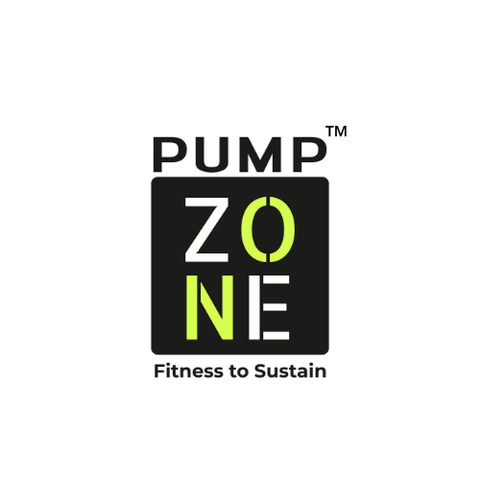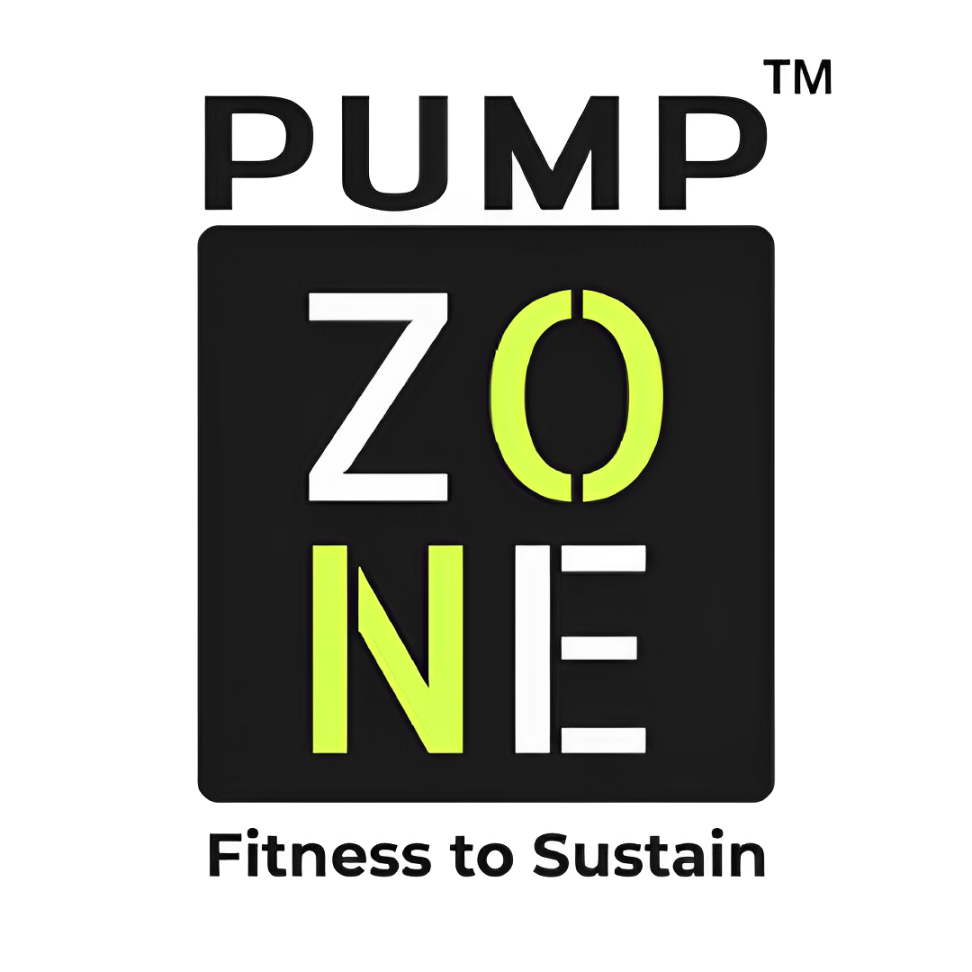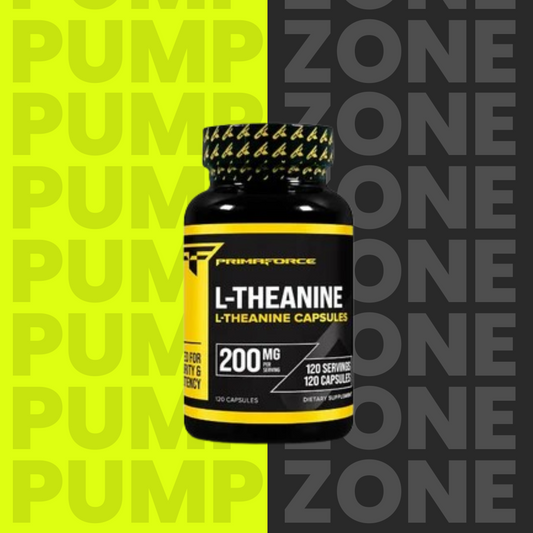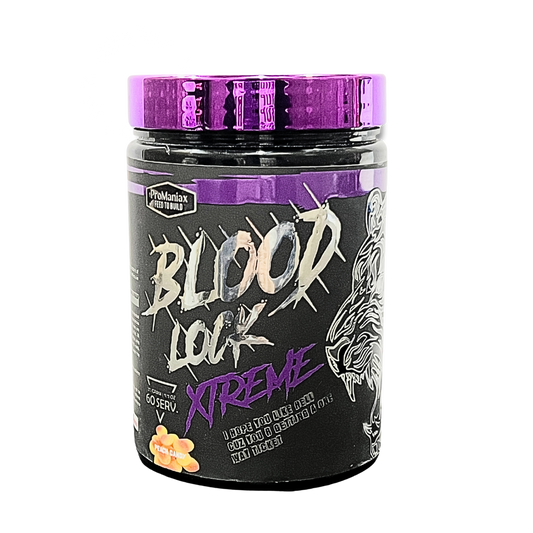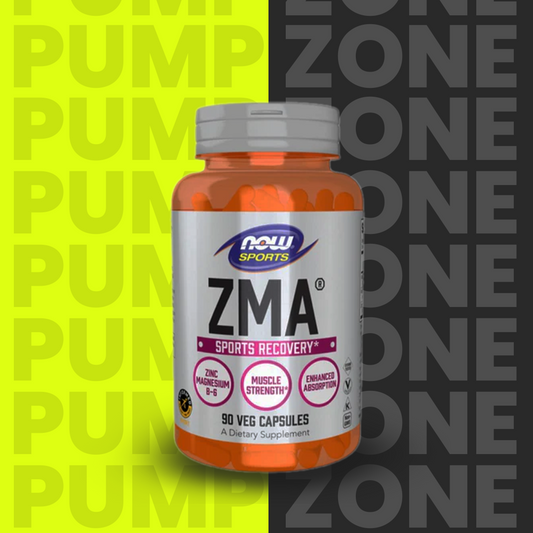The Impact of Creatine on Recovery: A Comprehensive Look
Creatine has revolutionized the sports nutrition landscape since its introduction as a supplement. Initially recognized as a powerful cell volumizer, it created an entirely new category of supplements. Over time, it also gained a reputation as an endurance enhancer due to its crucial role in ATP production. But what about using creatine for recovery? Let’s explore the benefits and reasons for incorporating it into your post-workout routine.
Benefits of Creatine
You likely already understand the importance of creatine for enhancing workout performance. When combined with other cell volumizers and nitric oxide boosters, it can lead to impressive muscle pumps. Creatine is essential for strength development, as it supports ATP production and muscle growth by aiding protein synthesis. More recently, research has shown that creatine can also positively influence cognitive health and function.
Creatine for Recovery
So, why consider creatine as part of your recovery strategy? Here are some compelling benefits:
1. Glycogen Replenishment
After an intense workout, replenishing glycogen stores in your muscles is crucial for maintaining energy for future training sessions. Creatine has been shown to aid in replenishing muscle glycogen, particularly when taken alongside carbohydrates.
2. Supports Protein Synthesis
Creatine plays a vital role in protein synthesis, which is directly linked to muscle growth. This process is essential for muscle repair after strenuous workouts. Adding creatine to your post-workout protein shake can enhance recovery, and combining it with essential amino acids (EAAs) can further support this process.
3. Reduces Muscle Damage
Intense training often leads to muscle damage, resulting in soreness and decreased performance. Creatine may help lower markers of muscle damage and inflammation, potentially speeding up recovery times.
References
-
Yquel, R. J., et al. (2002). Effect of creatine supplementation on phosphocreatine resynthesis and pH during intermittent maximal exercise. Journal of Sports Sciences, 20(5), 427–437. Link
-
Avgerinos, K. I., et al. (2018). Effects of creatine supplementation on cognitive function: A systematic review. Experimental Gerontology, 108, 166–173. Link
-
Roberts, P. A., et al. (2016). Creatine ingestion augments dietary carbohydrate-mediated muscle glycogen supercompensation. Amino Acids, 48(8), 1831–1842. Link
-
Ingwall, J. S., et al. (1974). Specificity of creatine in the control of muscle protein synthesis. The Journal of Cell Biology, 62(1), 145–151. Link
-
Doma, K., et al. (2022). The paradoxical effect of creatine monohydrate on muscle damage markers: A systematic review. Sports Medicine, 52(7), 1623–1645. Link
